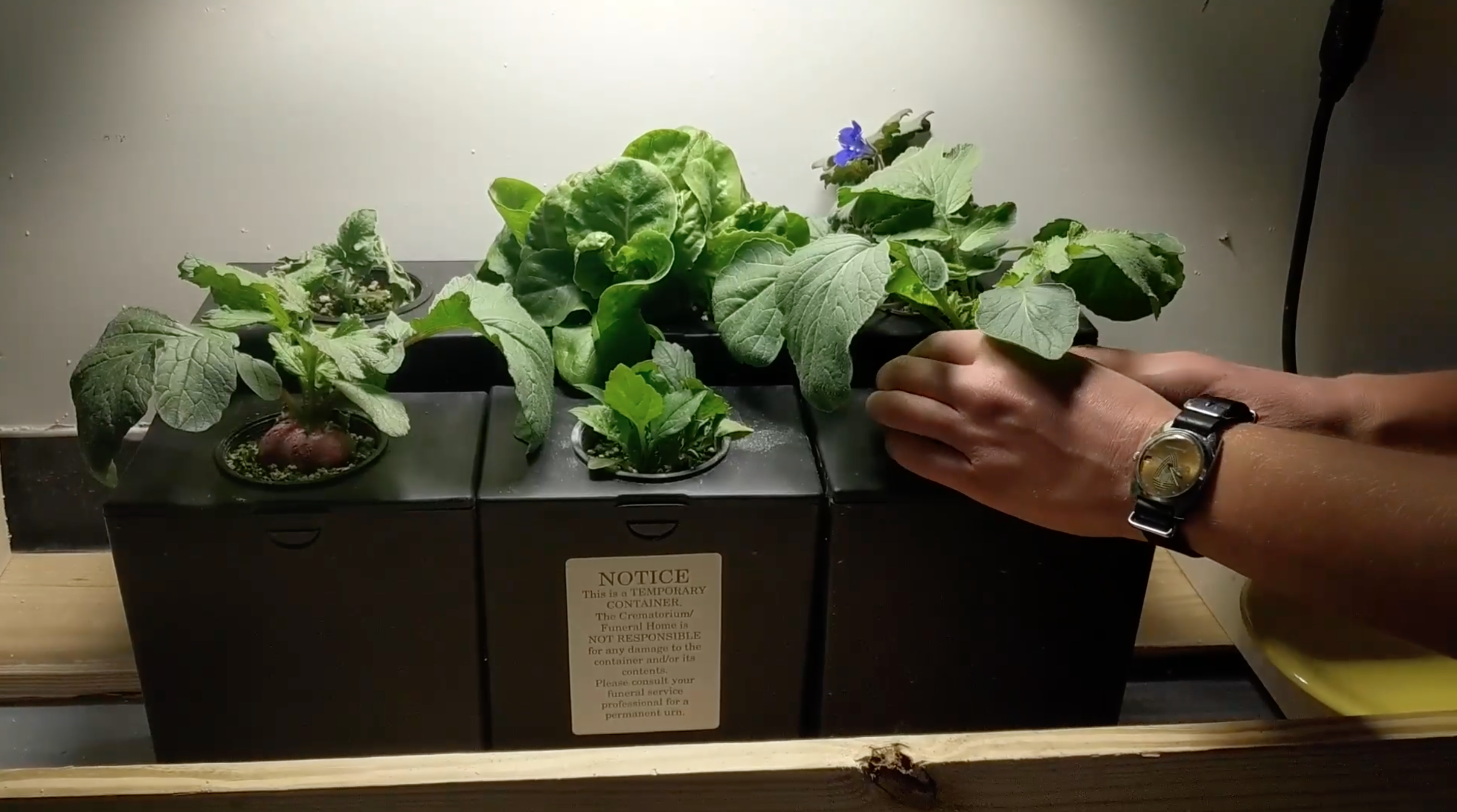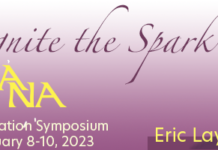By Leader Contributor Alexandra Jo, Culture and Content Manager at Parting Stone
The history of the black box reveals that its design was the result of attempts to solve problems around temporary cremation containers, but many funeral professionals today agree that the unattractive, non-recyclable, non-user-friendly container is less than ideal.
Credited by some with playing a large role in devaluing cremation in America, the “black box” has created more problems than it has solved for Parting Stone, a death tech start-up whose new form of remains, called solidified remains, has taken off at lightning speed in the past year.
Parting Stone has been left with over 1,500 temporary cremation containers no longer needed by families.
Enter a surprising solution to the company’s black box problem: hydroponic gardening.
Our Start-Up’s Creative Solution
Though Parting Stone doesn’t do cremations in-house, they deal with cremated remains a lot. Offering families choosing cremation a complete, alternative form of human remains, Parting Stone transforms traditional “ash” into solidified remains that resemble a collection of 40-60 smooth “stones.” Parting Stone sends solidified remains back to families in elegant, carefully considered, environmentally friendly, wood boxes and cotton bags, instead of the clunky black plastic temporary containers that most cremated remains arrive in. So, with over 1,500 solidifications as of August 2021, Parting Stone found that the “black box” temporary urns were piling up in the laboratory and becoming an issue.
“We’ve received over 1,500 black boxes, equaling 1,000 pounds of plastic, that we don’t know what to do with,” explains Justin Crowe, Founder and CEO of Parting Stone. “They just accumulated slowly until one day we realized we had a major issue.”
Not wanting to throw away so much unrecyclable plastic, Parting Stone, a registered Benefit corporation, was forced to store the unsightly black boxes, wasting valuable space and resources. The company brainstormed dozens of ideas for what to do with the boxes including donating them as building materials, giving them back to funeral homes for re-use, or even finding plastic-eating bacteria to help break them down in an eco-friendly way. Nothing seemed like a great solution.
However, in his first few months of working in Parting Stone’s lab, Sam Funk, the company’s Order Manager, had a realization. The temporary urns would be perfect containers for one of his at-home hobbies: hydroponic gardening.
In a recent interview for the Deathcare Decoded podcast about gardening with black boxes, Sam explained that “the black boxes are perfect for hydroponics because they are thick, dark, and opaque, so they don’t let sunlight into the water that the plants are growing in. When you grow plants in clear containers like glass, sunlight causes algae and other things to grow in the water and on the roots of the plants, and that is not what you want. It severely limits the life of the plant.”
Sam asked if he could take home a couple of black boxes from Parting Stone’s storage area to test his theory, and the experiment worked!
What is Hydroponics? What Can I Grow?
Hydroponic gardening is a type of gardening that involves growing plants without soil, using a nutrient-rich solution and water. Sam used a method called Kratky for his black box hydroponic garden experiments. Over the past year, Sam has performed multiple experiments with black box hydroponic gardening, both in the Parting Stone lab and in his home. The gardens grew quickly and verdantly, producing a variety of lettuces, radishes, herbs, and flowers.
If you want to know more about Sam’s setup and are interested in starting your own black box hydroponic garden, click below to download a step-by-step guide with all of the information you need for building your own:
You may be wondering, “if the temporary urn plastic isn’t recyclable, is it safe to grow food in?” The answer is: absolutely! In fact, much of the plastic that food comes packaged in from the store is also non-recyclable. The black box temporary urns are made from a #5 plastic, which will not leach into the water. And, as funeral directors know, cremated remains are packaged in zip-tied plastic bags before being placed inside the temporary urns. Growing edible food in a black box is absolutely safe.
Hydroponic gardening is just one way to repurpose an otherwise wasteful, single-use plastic for years to come, and it’s a method that’s working for the Parting Stone team. To build your own black box hydroponic garden, click below to download a free how-to guide that has all of the information you need to get growing:








